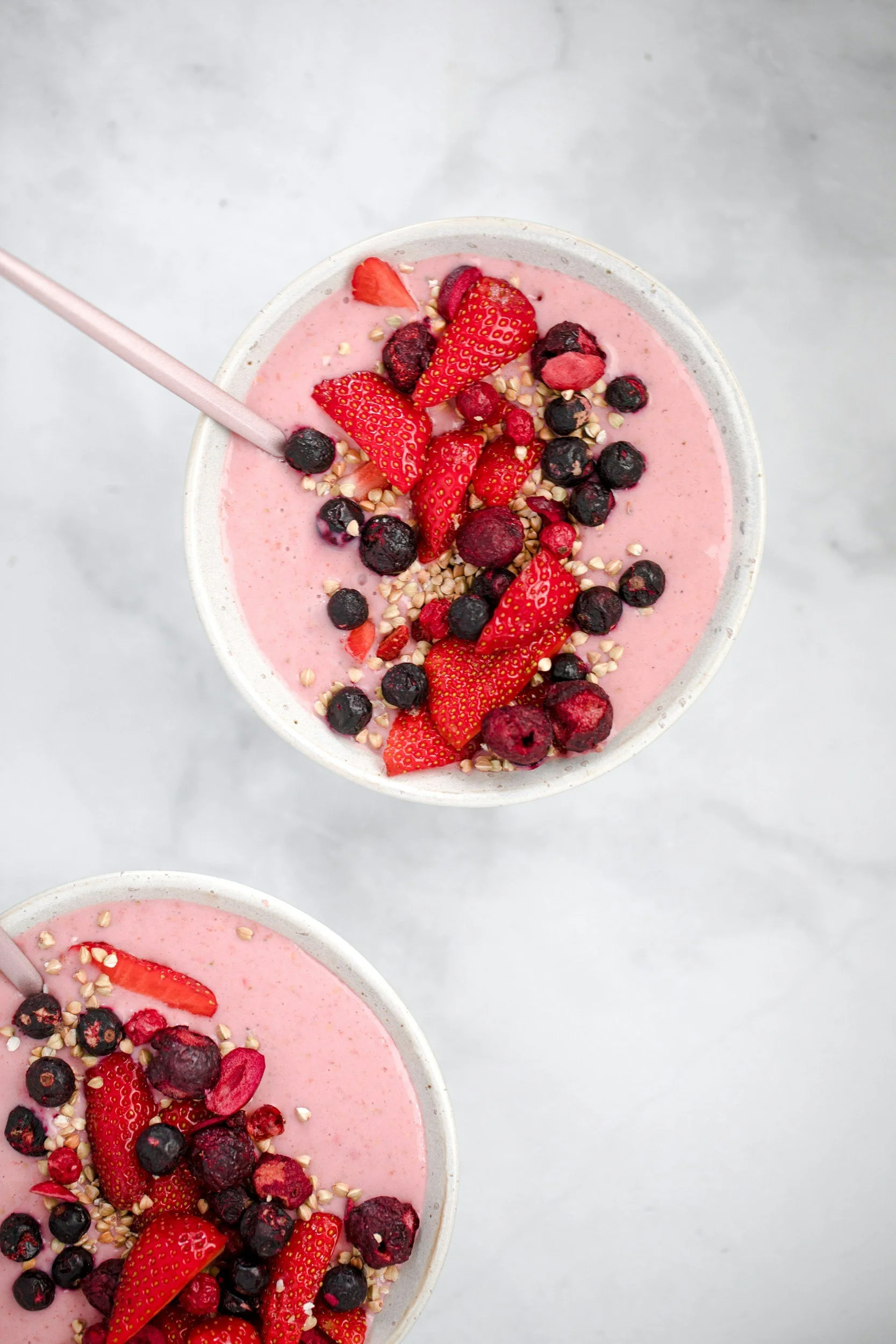Train Your Brain for Weight Loss Success: 5 Science-Backed Mindset Tools
/Weight loss is one of the biggest topics that comes up with our wellness retreat guests. When it comes to weight loss, most people focus on food and fitness — and while those are important, the real game-changer is what’s happening between your ears.
Your mindset plays a powerful role in how you approach challenges, stay motivated, and stick to your goals. Essentially, your subconscious is running the show behind the scenes and in order to change of you think and act, you’ve got to rewire your current beliefs and habits.
Thanks to neuroplasticity — your brain's ability to form new neural pathways — it’s possible to rewire the way you think, react, and make decisions. And that means you can train your brain to support your weight loss journey from the inside out.
Here are five mindset tools that are simple, powerful, and backed by science — plus how to use them effectively to build lasting change.
Journaling
What It Is: Journaling is the practice of writing down your thoughts, experiences, and reflections in an intentional way.
Why It’s Helpful: Journaling helps you become more aware of patterns — like emotional eating, negative self-talk, or all-or-nothing thinking — that might be holding you back. Awareness is the first step in rewiring those automatic responses.
Pro Tip: Use prompts like “What triggered me today?” or “How did I feel before and after I ate?” to dig deeper. Keep it judgment-free — curiosity is your superpower here.
Scripting
What It Is: Scripting is a form of future journaling where you write about your goals as if they’ve already happened.
Why It’s Helpful: Scripting leverages visualization and belief-building. Writing in present or past tense trains your brain to expect success, which can shift behavior and motivation. You're literally activating the same neural pathways you'd use when experiencing success in real life.
Pro Tip: Write a short “day in the life” from your future self who has already reached their goal. Get specific about how you feel, how you move, and how you eat — emotion matters.
Affirmations
What It Is: Affirmations are positive, intentional statements that reinforce beliefs and values you want to embody.
Why It’s Helpful: Your brain adapts to repeated thoughts — and affirmations help interrupt old, limiting beliefs like “I’ll always struggle with food” or “I’m not good at sticking to routines.” When practiced regularly, affirmations help you create new belief pathways.
Pro Tip: Anchor affirmations to habits. For example, say “I treat my body with respect and nourishment” while brushing your teeth or making breakfast. This type of “habit stacking” helps to create a repeatable habit. Repetition is key.
Visualization
What It Is: Visualization involves mentally rehearsing a scenario or outcome — seeing yourself succeeding before it happens.
Why It’s Helpful: Research shows the brain doesn’t always distinguish between imagined and real experiences. Visualization helps build confidence, reduce fear, and prepare your mind and body to follow through on new habits.
Pro Tip: Pair visualization with emotion. Don’t just see the outcome — feel it. Imagine the pride, freedom, or joy that comes with reaching your goal.
Meditation
What It Is: Meditation is the practice of focusing your mind (often on the breath) to develop greater awareness and emotional regulation.
Why It’s Helpful: Meditation helps calm stress and quiet the part of the brain responsible for impulsive behavior — crucial when you’re trying to break patterns like stress eating or giving up after a slip-up. It also boosts the brain’s ability to form new connections.
Pro Tip: Start with just 2–5 minutes. Use a guided app or simply breathe and count. Consistency > perfection.
How These Tools Rewire Your Brain
All of these practices support neuroplasticity, the brain’s ability to reorganize itself by forming new neural connections.
By:
Noticing your thoughts (journaling)
Imagining new outcomes (scripting + visualization)
Repeating empowering beliefs (affirmations)
Creating mental space (meditation)
…you’re literally strengthening the mental muscles that help you make supportive choices, recover from setbacks, and stay aligned with your goals.
Tips for Success With Any Mindset Tool
Try without expectation — let it be an experiment
Evaluate what works for you (there’s no one-size-fits-all)
Start small — even 2 minutes is a win
Develop a practice — consistency creates change
Feel it — engage the emotion behind the goal
Celebrate progress — even tiny shifts matter
The Mind Is the Missing Piece
You can have the perfect meal plan or workout routine — but without the mindset to support it, it’s hard to stay the course. These tools aren’t about being perfect — they’re about training your brain to think and respond differently.
Weight loss isn’t just physical. It’s mental, emotional, and neurological. And the more you practice these tools, the more natural your healthy choices will become.
Keep Going: Your Next Steps
Want to dive deeper? Here are a few resources to keep the momentum going:
📌 Related Posts
Weight Loss Mindset: Shift Your Thoughts & Beliefs for Weight Loss Success
7 Day Mediterranean Diet Meal Plan for Weight Loss & Wellness
✓ Done-for-You Guides
The Morning + Evening Mindset Workbook → take action with this 30 day workbook
Mindset Momentum → full program w/monthly educations
Say Hello To A Different Approach To Weight Loss
Where mindset and metabolism work together to create change that actually lasts.
Includes:
Metabolism + The Health First Approach to Weight Loss
Mindset Matters + 3-I Framework
Biofeedback & The 4P’s: Customize for Your Body & Your Lifestyle
Mindful Eating: Tools & Strategies
Meal Plans & Recipes (over 650 recipes): Mediterranean, High Protein + Vegetarian Recipes + Meal Plans as well as Gut Health, Brain Health, Sugar Free + More
Mindset & Visualization Tools: Meditation Library for Weight Loss & Wellness, Journal Prompts & Reflections
12 Weeks of Guided Action Steps for Mind + Metabolism - Real change requires practice. You’re set up for success with a guided plan!
Get The Weight Loss Mindset Today!






















